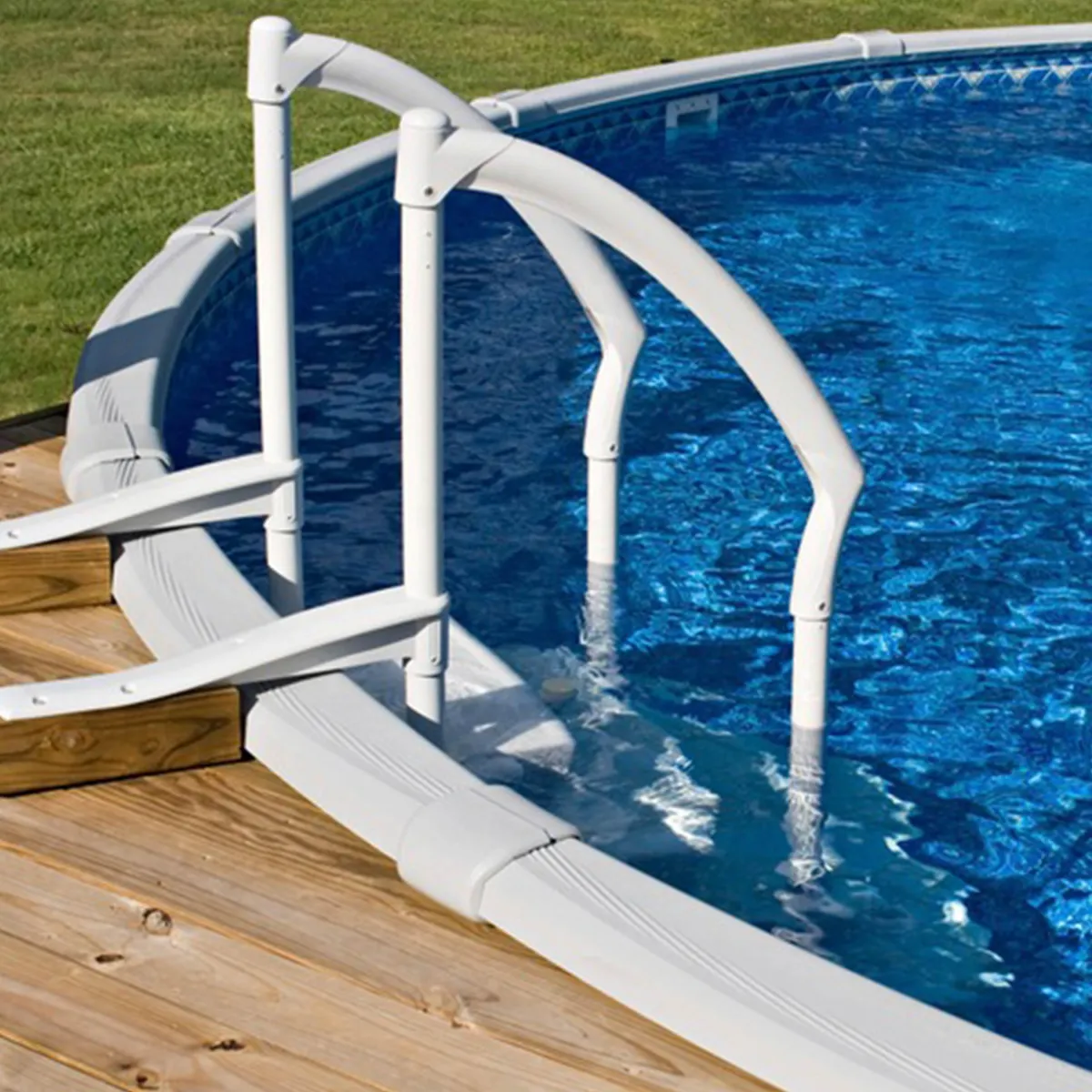
Winterizing Pools Niagara Falls | Closing, Liner, Equipment Tips
Introduction
As the Niagara summer winds down and cooler temperatures set in, pool owners face an important task: closing the pool for winter. Winterizing isn’t just about tossing on a cover. Done properly, it protects your liner, safeguards expensive equipment, and ensures your pool is ready to open smoothly next spring.
In Niagara Falls, winterization takes on added importance because of our harsh freeze-thaw cycles. Skipping steps can lead to cracked plumbing, stained liners, or costly repairs. This guide breaks down expert strategies for closing your pool, caring for the liner, and prepping equipment before the first frost hits.
Why Winterizing Matters in Niagara Falls
The climate in Niagara brings unique challenges. Freezing temperatures can expand and crack pipes, snow and ice can stress covers, and untreated water can damage the liner. By properly closing your pool, you:
Protect against freeze damage in pipes and equipment.
Extend the lifespan of your liner by reducing chemical wear and staining.
Prevent algae growth under the cover.
Save money and time when it comes to spring opening.
Winterizing is both a preventive measure and an investment in your pool’s longevity.
Key Areas to Focus On
When winterizing, three areas require the most attention:
Water and Chemical Balance
Balancing your water chemistry before closing prevents liner staining, scaling, and algae growth. Aim for:
pH between 7.2 and 7.6
Alkalinity between 80 and 120 ppm
Calcium hardness between 200 and 400 ppm
Once balanced, shock the pool to sanitize the water before covering it.
Pool Liner Care
Your liner is constantly exposed to water, chemicals, and debris. To protect it through the winter:
Brush and vacuum the entire pool to remove dirt and algae.
Use a winterizing chemical kit to reduce staining.
Lower the water level slightly below the skimmer (for vinyl pools).
Ensure there are no wrinkles where water and ice can collect.
Equipment Preparation
Equipment is expensive, and winter is its toughest enemy. Protect pumps, heaters, and filters by:
Draining all water from plumbing lines using a blower or shop vac.
Adding pool-safe antifreeze to lines as extra protection.
Disconnecting and storing removable parts indoors.
Backwashing and draining the filter, then leaving valves open.
Step-by-Step Pool Closing Guide
To make things clear, here’s a step-by-step sequence Niagara pool owners can follow:
Skim and vacuum debris to start with a clean pool.
Test and balance water chemistry within recommended ranges.
Shock the pool with chlorine or non-chlorine shock.
Lower the water level to the proper height (below the skimmer for vinyl pools).
Drain and protect plumbing using blowers and antifreeze.
Clean and store equipment like ladders, hoses, and removable filters.
Backwash and drain the filter before leaving valves open.
Install the winter cover tightly to keep debris and sunlight out.
Each step builds on the last, ensuring your pool is safe from freeze damage and algae during the off-season.
FAQs About Pool Winterization
When should I close my pool in Niagara Falls?
Most homeowners close their pools in late September to early October, before consistent frost but after daily use ends.
Do I need to drain my pool completely?
No. Completely draining a pool can damage liners and structures. Always leave water in the pool to support walls and prevent collapse.
Can I use a regular tarp as a pool cover?
It’s not recommended. Proper winter covers are designed to withstand snow load and protect against debris.
Is antifreeze always necessary?
In Niagara’s cold climate, adding pool-safe antifreeze to plumbing is an extra safeguard against freezing pipes.
Can I winterize the pool myself?
Yes, with the right tools and knowledge. However, professional service ensures plumbing is properly blown out and equipment is protected.
Conclusion
Winterizing your pool in Niagara Falls is essential for protecting your investment and making spring opening easier. By focusing on water chemistry, liner care, and equipment preparation, you’ll avoid costly repairs and extend the life of your pool.
Closing a pool properly may take a few extra hours, but it saves weeks of frustration when the warm weather returns. For Niagara families, that means more time enjoying the pool and less time fixing it.